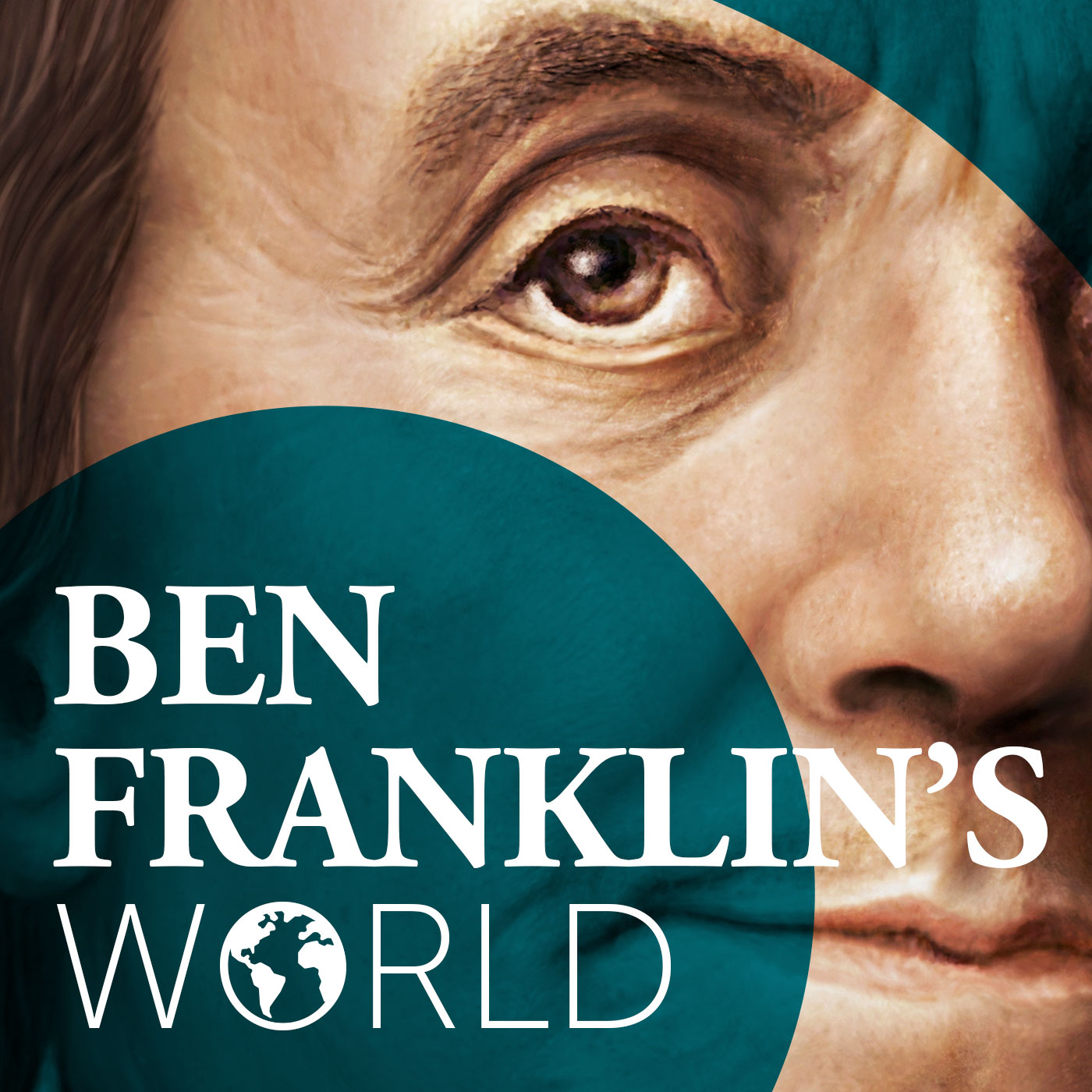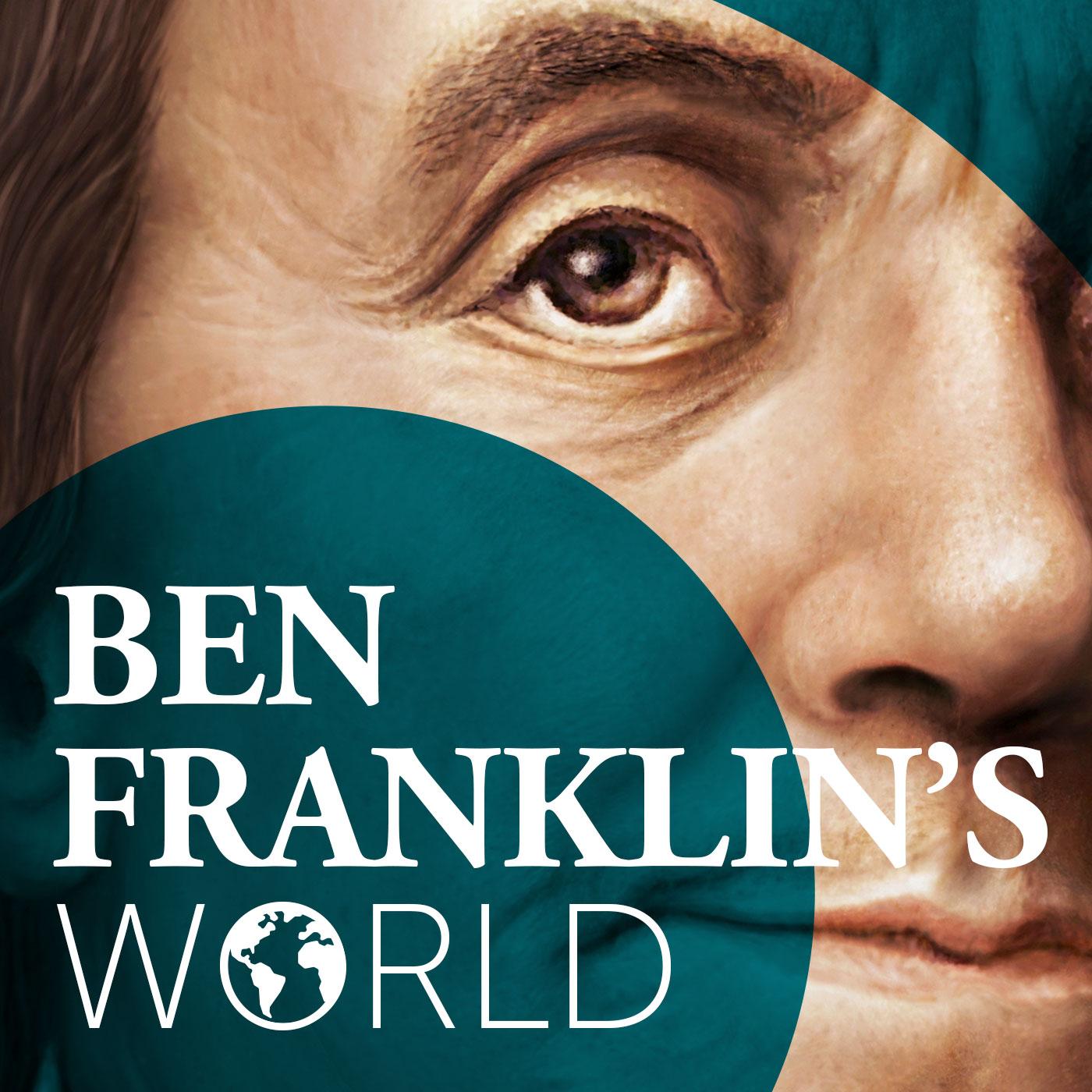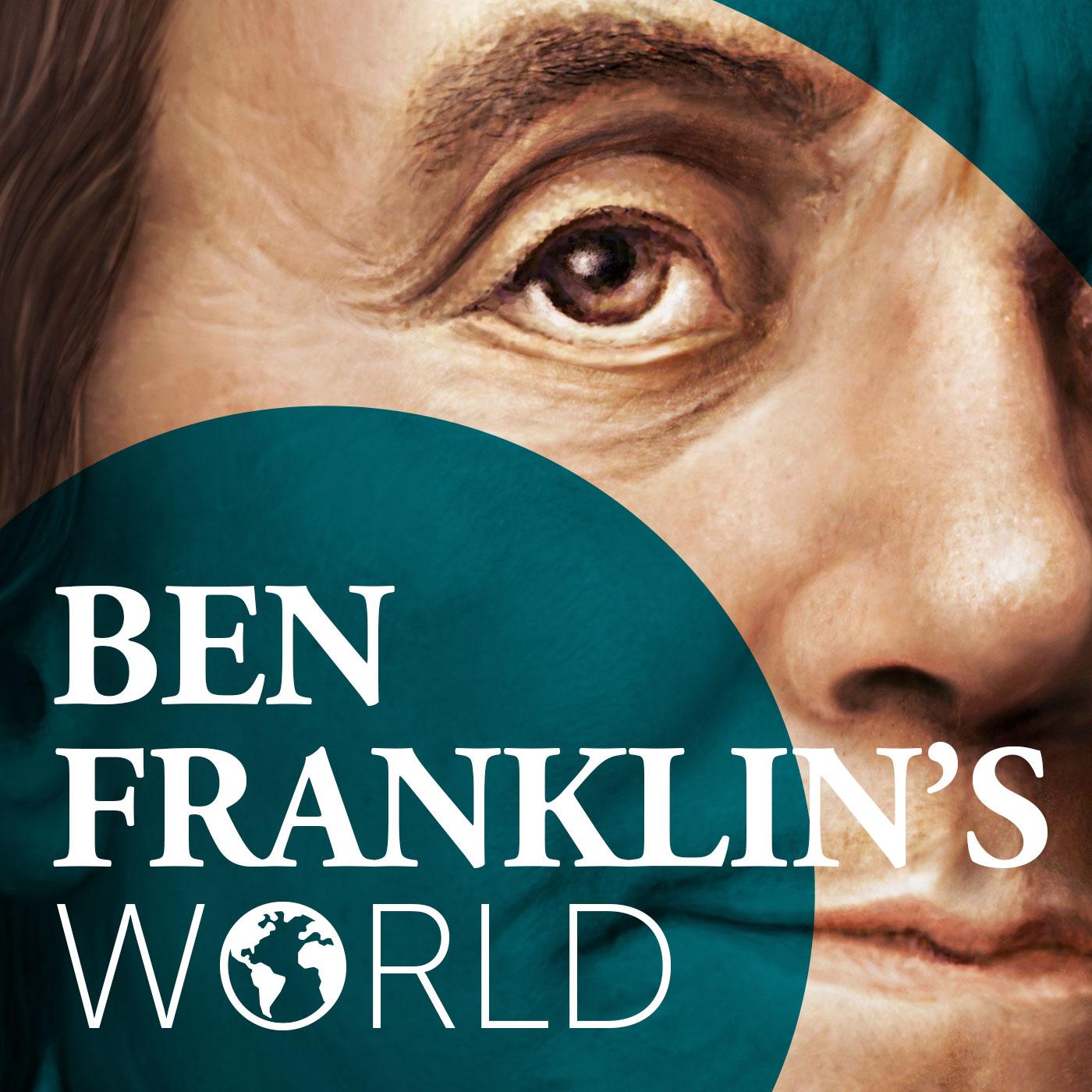351 Wealth and Slavery in New Netherland
African chattel slavery, the predominant type of slavery practiced in colonial North America and the early United States, did not represent one monolithic practice of slavery. Practices of slavery varied by region, labor systems, legal codes, and empire. Slavery also wasn’t just about enslavers enslaving people for their labor. Enslavers used enslaved people to make statements about their social status, as areas of economic investment that built generational wealth, and as a form of currency. Nicole Maskiell, an associate professor of History at the University of South Carolina and the author of Bound By Bondage: Slavery and the Creation of the Northern Gentry, joins us to investigate the practice of slavery in Dutch New Netherland and how the colony’s elite families built their wealth and power on the labor, skills, and bodies of enslaved Africans and African Americans. Show Notes: https://www.benfranklinsworld.com/351 Join Ben Franklin's World! Subscribe and help us bring history right to your ears! Sponsor Links Colonial Williamsburg Foundation Complementary Episodes Episode 121: Wim Klooster, The Dutch Moment in the 17th-Century Atlantic World Episode 139: Andrés Reséndez, The Other Slavery Episode 170: Wendy Warren, Slavery in Early New England Episode 185: Joyce Goodfriend, Early New York City and its Culture Episode 220: Margaret Newell, New England Indians, Colonists, and the Origins of Slavery Episode 242: David Young, A History of Early Delaware Episode 256: Christian Koot, Mapping Empire in the Chesapeake Episode 324, Andrea Mosterman, New Netherland and Slavery Listen! Apple Podcasts Spotify Google Podcasts Amazon Music Ben Franklin's World iOS App Ben Franklin's World Android App Helpful Links Join the Ben Franklin's World Facebook Group Ben Franklin’s World Twitter: @BFWorldPodcast Ben Franklin's World Facebook Page Sign-up for the Franklin Gazette Newsletter

51m
























































